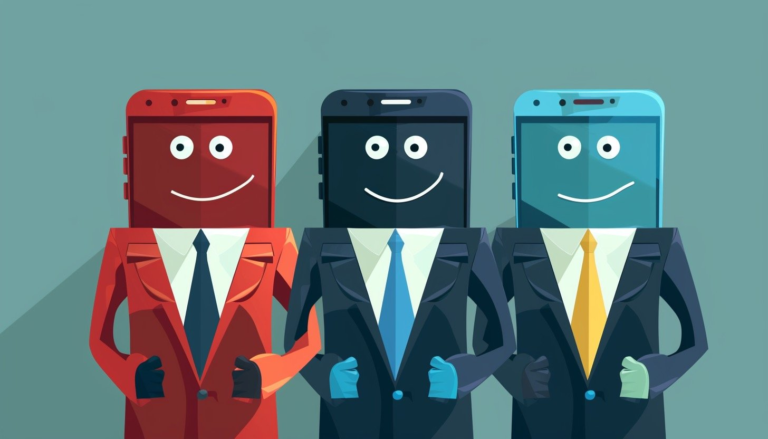- Verizon Business bucks the BYOD trend
- Verizon is rolling out managed services for business smartphones, citing security and other concerns.
- The question is, will customers be interested?
Verizon Business is bucking the bring-your-own-device (BYOD) trend with a new managed service for business smartphones.
“We’re the only U.S. carrier currently offering the solution,” Iris Meyer, chief product and marketing officer at Verizon Business, told Fierce.
Meyer said the system, which is available for a monthly fee, helps customers manage their “large” capital investments in smartphones while reducing the burden on IT teams managing a “fragmented mobile fleet” serviced by multiple carriers.
The service will cover everything from shipping to setup, replacement and recycling of the devices. Meijer says the operator will provide unlimited data plans for the phones and 24/7 support for the devices.
“We’re targeting the mid-market customer,” Meyer said, “so I’d say somewhere between $50 and $500. [employees] And it’s a global company with a complex structure.”
Strengthening security is one of the program’s main aims: Research shows that 83% of employees have one core business application installed on their devices, “so if employers don’t actually provide and manage those devices, it becomes a security risk,” she said.
Meyer said the system currently has trial customers including construction companies and medical facilities. Construction companies have seen a lot of broken phones, Meyer noted. “We offer same-day service for broken devices, which is very important to a lot of businesses,” she added.
He also emphasized the sustainability element, as Verizon will be in charge of recycling old business devices, a service that will be commercially available soon, he said.
Will customers bite?
“This may be attractive to some enterprise customers with company-issued phones (as opposed to BYOD or phones purchased directly by the user and paid for by the company),” Jack Gold, principal analyst at J. Gold Associates, said in an email. “It eliminates the hassle of disposing of old devices and is also a way to ‘standardize’ costs since they are fixed and known from acquisition to disposal,” he added.
“The fundamental question is, how many businesses will want to adopt this approach,” Gold asks. “Many mobile phones are considered personal devices that people want to choose. It’s a more standardized environment. Still, there are many businesses that choose to only issue two or three mobile phones to their employees, and this may be an attractive offering for them.”
So, are you ready for that company-assigned phone?

